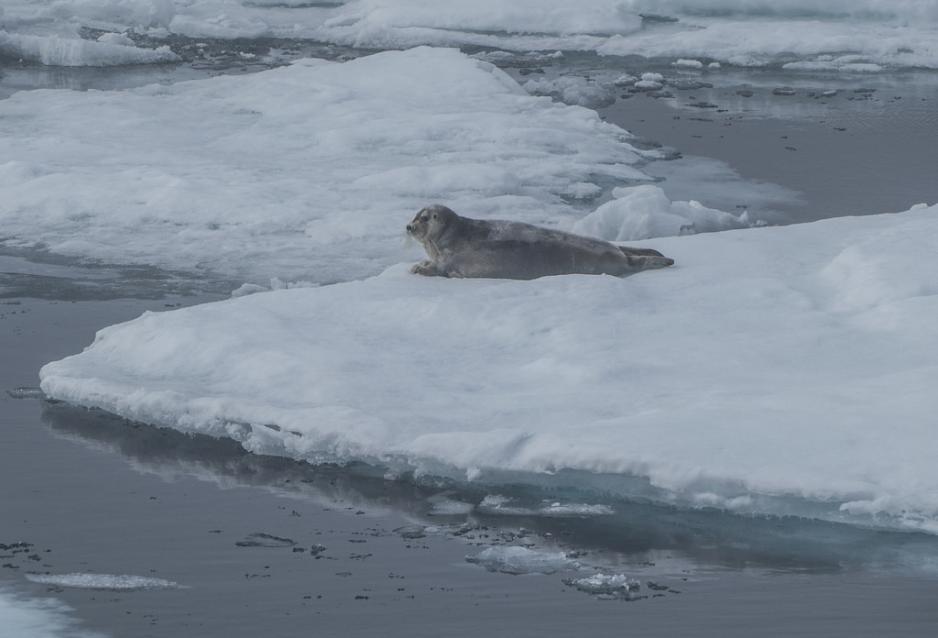Arctic Marine Life Negatively Affected by Warmer Climate

A report from more than 60 Arctic scientists states that climate changes have a negative effect on Arctic marine biodiversity.
The State of the Arctic Marine Biodiversity Report (SAMBR) surveys statuses and trends for everything from microscopic plankton to marine mammals like e.g. polar bears in the Arctic. The result is clear: The trend is negative, according to the Norwegian Environment Agency.
Warmer climate in the Arctic leads to reduced amounts and extent of sea ice. This, in turn, leads to many species losing their traditional habitats. Less sea ice reduces access to nutrition, leads to more disease and also to reduced reproduction capacity for species that would normally have their habitat there. Observations also demonstrate that changes first occuring for once species may spill over into other species, for instance through changes in behavior or in diet.
Reduced stock is the overall outcome.
The spreading of intruding species and increased amounts of species from southern areas also pose an increased threat to the marine environment in the Arctic, according to the scientists behind the report.
You can read the whole report here.
